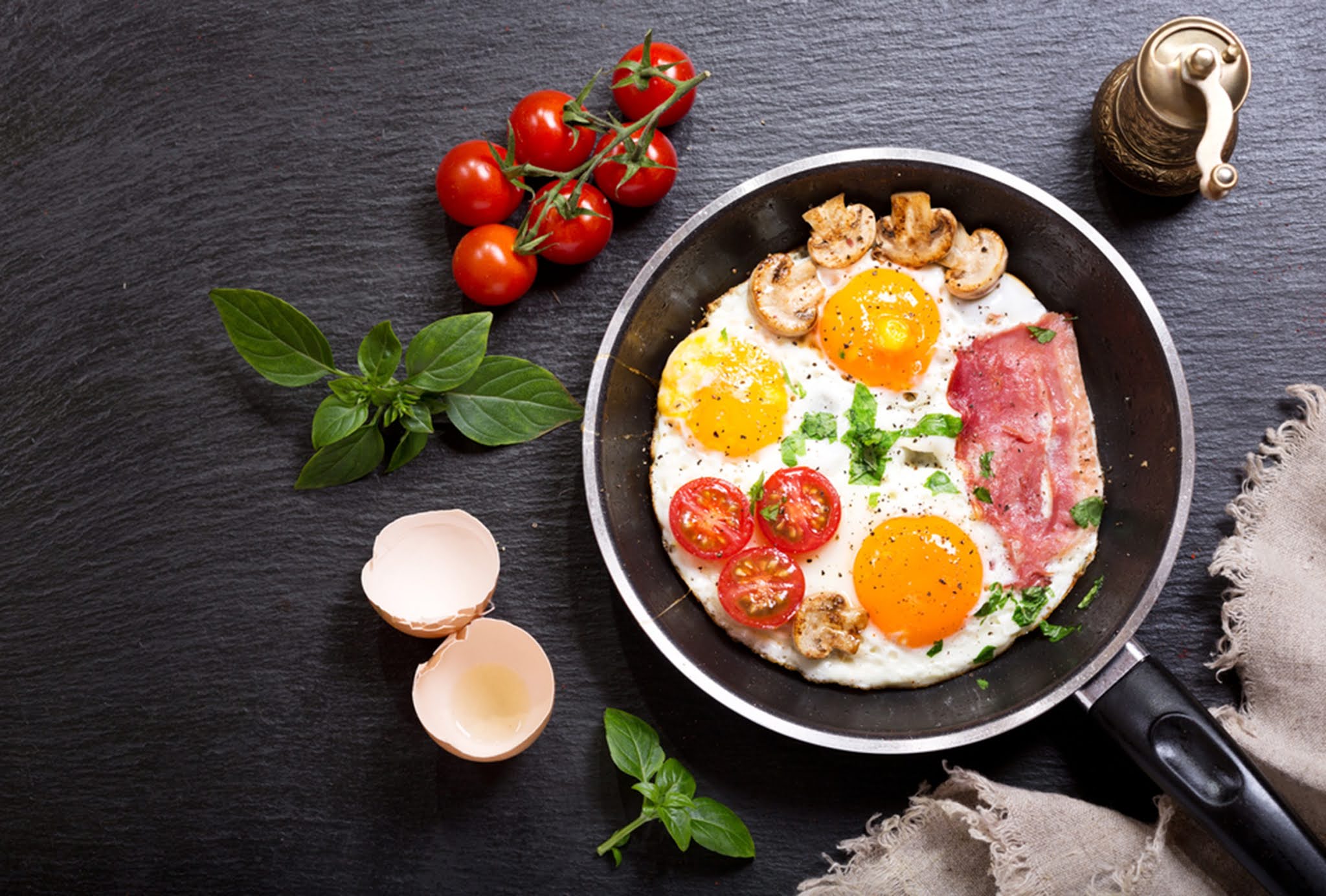If you’ve been dealing with missing teeth, you likely know how limiting it can be when it comes to your diet.
In fact, one of the big appeals of dental implants is that they provide patients with the opportunity to live a more normal life and enjoy all the foods that they love.
But while they may be fantastic in the long-term, once you’ve had the surgery done, it’s important to understand that it takes time recover - and that means temporarily modifying your diet to make sure that the procedure is successful.
Here
are a few things you need to know about what you can (and can’t eat) following
your dental implant surgery with a dentist near you.
What Can I Expect Right After My Surgery?
Unfortunately, pain and discomfort is to be expected immediately following any major dental surgery.
During
this time period (anywhere from a few days to a week), the type of foods you
should be eating are exactly what most people in this situation would imagine -
a diet of very soft, easy to chew foods and liquids are going to be your best
bet. Think soup, mashed potatoes,
smoothies, yogurt, eggs and soft oatmeal.
When Can I Get Back To Eating “Normal” Food?
After a few days, the pain and discomfort should start to go down, and you can start reintroducing some more solid foods into your diet.
Unfortunately,
this is also sometimes when patients jump the gun. Remember, you’ve just had a major surgery,
and it’s important to take things slow and gradually get back to your regular diet. It’s also important to give your new implants
a chance to integrate into your jaw without aggravating it.
With
that said, you can expect to be on a “relatively” soft food diet for anywhere
from three to six months after your surgery.
That doesn’t mean you need to be eating oatmeal and smoothies every
meal, but it does mean that you need to go easy on your mouth.
Here are some good choices to point you in the right direction:
- Pasta, potatoes, breads and other soft starches
- Soft meats, dairy products and protein shakes
- Soft fruits like bananas, melon and kiwis
- Cooked and steamed vegetables that are soft and easy to chew
The Best Diet For Fast Healing
When to comes to diet choices post surgery, it’s important to not only choose foods that don’t aggravate your teeth, but also to encourage the healing process, integrate the new implant and prevent infection from setting in.
This means focusing on foods that are rich in vitamins and nutrients. Make sure you consume plenty of fruits and vegetables that are soft and easy to chew as you start reintroducing solid food back into your diet.
You’ll
also want to focus on getting enough protein, which is absolutely critical for
the healing and repair process. Soft
meats such as ground beef and fish are great choices, as are eggs, yogurt and
other dairy products.
The No-Go List
In
order to ensure that your implant procedure is successful and that your mouth
gets back to normal as quickly as possible, there are some foods that you’ll
absolutely want to avoid in the days following surgery (and reintegrate very
slowly in the following weeks). These
include:
- Tough meats like steak and pork
- Nuts, seeds and legumes
- Acidic and spicy foods that might aggravate your gums (oranges, tomatoes, spices, etc.)
- Popcorn, cookies, and anything else that’s crunchy
- Chewy foods like toffee and candy
To
find out if you’re a candidate for dental implants in Edmonton, be sure to
contact a dentist near you for more information and to get checked out.

Comments
Post a Comment